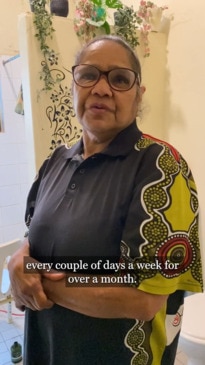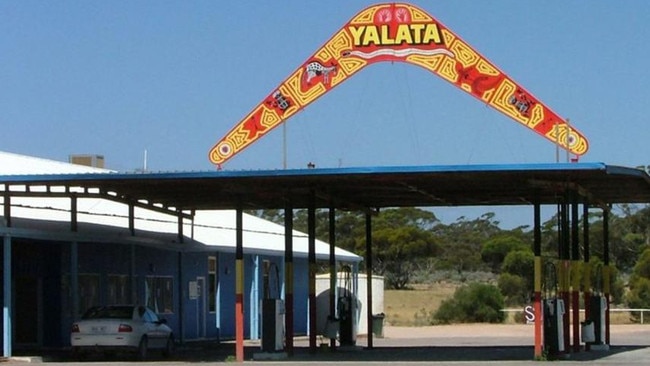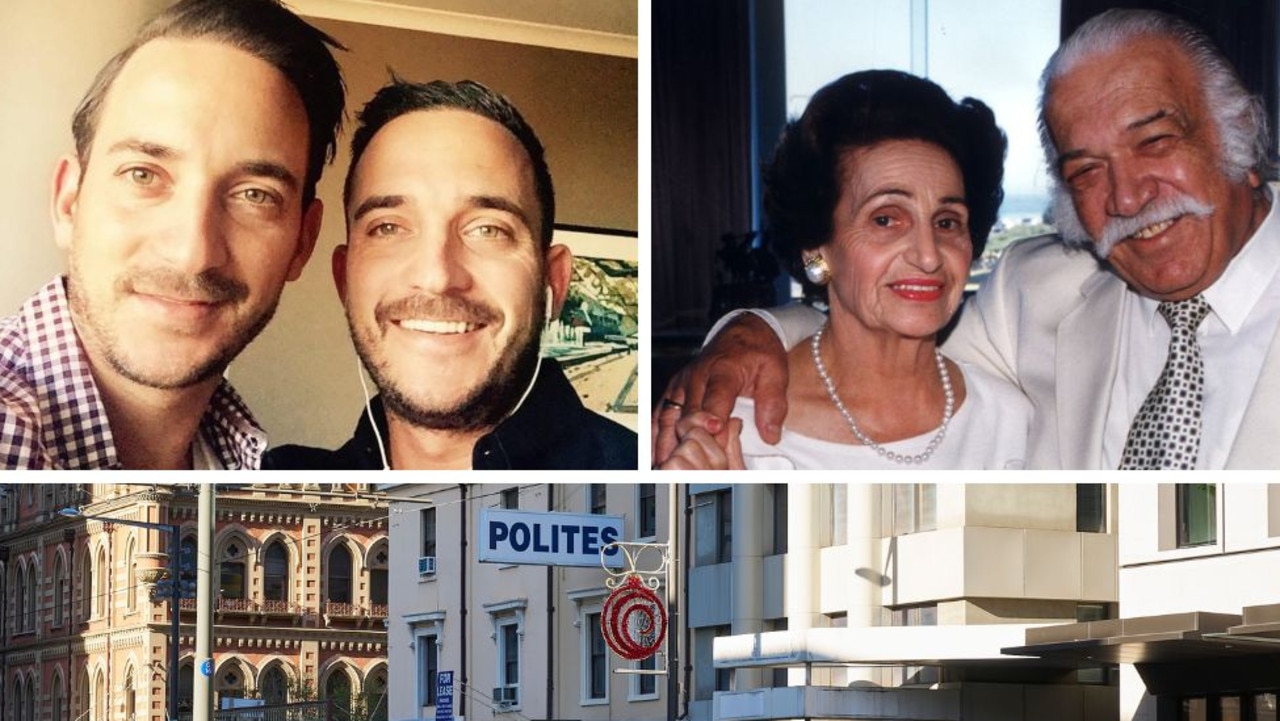Inquest into the murder of a 23-year-old Aboriginal woman has the Yalata community calling for a safehouse
An inquest into the 2015 death of a 23-year-old woman killed by her partner in an SA remote community has come back inconclusive, but with multiple recommendations.

SA News
Don't miss out on the headlines from SA News. Followed categories will be added to My News.
An inquest into the murder of a 23-year-old Aboriginal woman at the hands of her partner in a remote town in the state’s far west has heard community pleas for a “safehouse” for women and children.
The woman was a known domestic violence victim to multiple government and service agencies including SA Police and the Department for Child Protection before she was killed by her partner on May 25, 2015.
Her then partner, a 17-year-old old at the time, who cannot be named, ended her life after he inflicted a single stab wound to her chest at a house in the remote Aboriginal community of Yalata, 200kms west of Ceduna on the Eyre Peninsula.

He was sentenced to life imprisonment with a non-parole period of 10 years for the murder.
An inquest into her death started in 2020, and examined whether the woman’s death could have been prevented with better communication between services and SA Police.
On Thursday, State Coroner David Whittle handed down his findings and was unable to conclude whether her death could have been prevented if there were better information sharing practices.
“I cannot conclude that the various shortcomings I have identified caused or contributed in any substantial way to the tragic death of the woman,” he said.
“To suggest otherwise would be to ignore the complexity of the relationship between the woman and [partner] and the impact of her determination to keep the authorities out of it, or the ability of the authorities, and in particular SAPOL, to protect her from harm.
“Sadly, SAPOL was overly reliant on the woman’s cooperation and willingness to produce evidence in order to hold [partner] accountable for his actions rather than to seek evidence from other sources.”
Coroner Whittle did find that SA Police officers who were aware of the woman’s situation with her partner, were not properly trained in dealing with family and domestic violence.
“Unfortunately, in this instance, it was clear that the officers dealing with the woman were lacking in experience and training in relation to family violence,” he said.
Coroner Whittle made multiple recommendations, but stated that the findings in the woman’s inquest would be brought to the attention of the SA Royal Commission into Domestic, Family and Sexual Violence.
He highlighted the community’s desire for a safe house for women and children, which would need to be community led and developed by community members.
“[Agency worker] saw a real need for a safe house facility in Yalata, highlighting the difficulty of keeping a victim of domestic violence safe as a crisis response, from 200 kilometres away in Ceduna,” he said.
“She pointed out that this places the domestic violence victim in a very lonely situation ‘like a prison itself’.”





